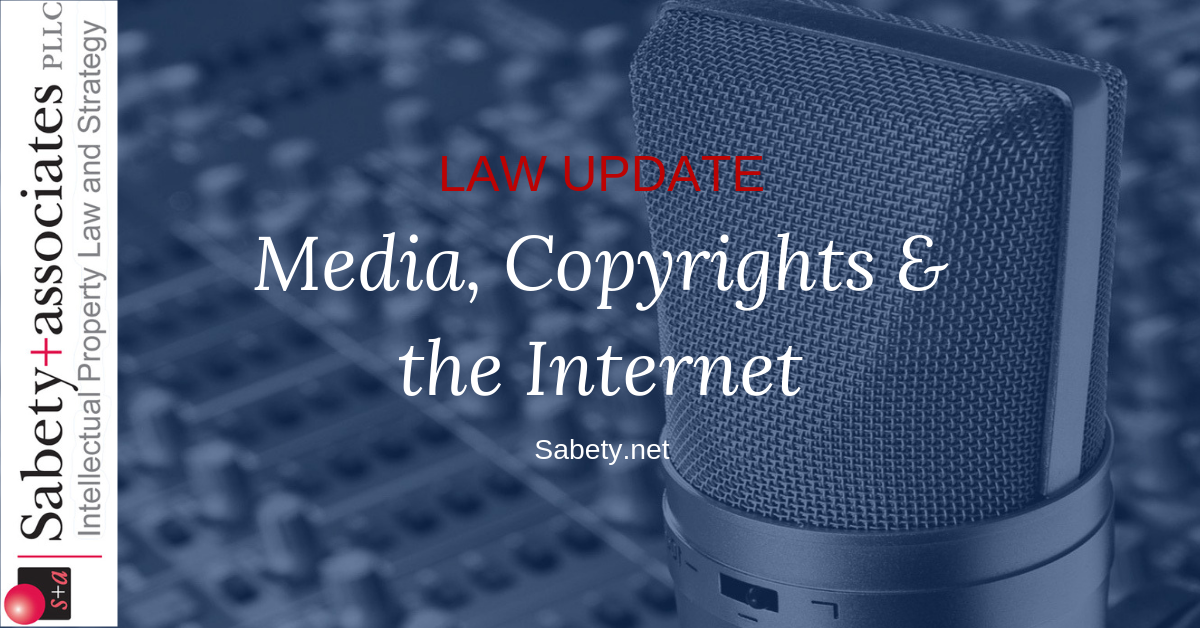June 22, 2021. In a long-running case regarding Sarah Brightman’s album A Winter Symphony, the producer of the album had sued YouTube in Germany for copyright infringement, alleging that the album had been distributed by YouTube without authorization and further, that bootleg recordings of her performances of the music while on tour had also been distributed by YouTube. (Peterson v. Google LLC, YouTube Inc. C-692/18). While the German courts and the European Court of Justice concluded that there was copyright infringement, the issue was whether YouTube/Google was liable for it under the Copyright Directive in the EU. The European Court of Justice said no. The Court distinguished the person “who, at the time of positing, knows the content [is infringing as…] not comparable to that of the operator of a video sharing platform… where that operator does not know specifically what protected content is uploaded to that platform by users…” The legal concept is whether YouTube “intervenes” and thereby participates in the infringement. The finding was that “YouTube does not intervene in the creation or selection of content uploaded to its platform by platform users and that it does not view or monitor that content before it is uploaded; that content is uploaded to the platform automatically.” ¶92. The Court reasoned that “the mere fact that the operator knows, in a general sense, that protected content is made available illegally on its platform is not sufficient grounds to conclude that it intervenes with the purpose of giving internet users access to that content.” That is distinct from “…despite having been warned…refrains from expeditiously… mak[ing] that content inaccessible.” ¶85 Thus it was helpful to YouTube in this case that its notice and take-down mechanism worked, which was another factor cited by the Court. It is interesting to compare this case in the E.U. to cases in the U.S. In the U.S. the standard of knowledge of infringement that would give rise to platform liability is “whether the provider was subjectively aware of facts that would have made the specific infringement ‘objectively’ obvious to a reasonable person’.” CAPITOL RECORDS, LLC v. VIMEO, LLC, Dist. Court, SD New York 2021, quoting Viacom, 676 F.3d at 31… This is similar to the standard applied by the European Court of Justice. And similarly, the U.S. “safe harbor” provisions under the Copyright Act shield platform providers from infringement liability if they maintain an operable notice and take down mechanism—another requirement recited by the European court. These decisions are helpful to shared-content websites like YouTube, but leave open the question of how to make whole the creative people whose works are subject to this kind of infringement activity. Some might view this case as establishing a EU-US standard of cost-shifting for content sharing services like YouTube where the costs of copyright infringement policing rests with the copyright owners, while statutory licensing fees paid by the services for licensed use the content are low.

